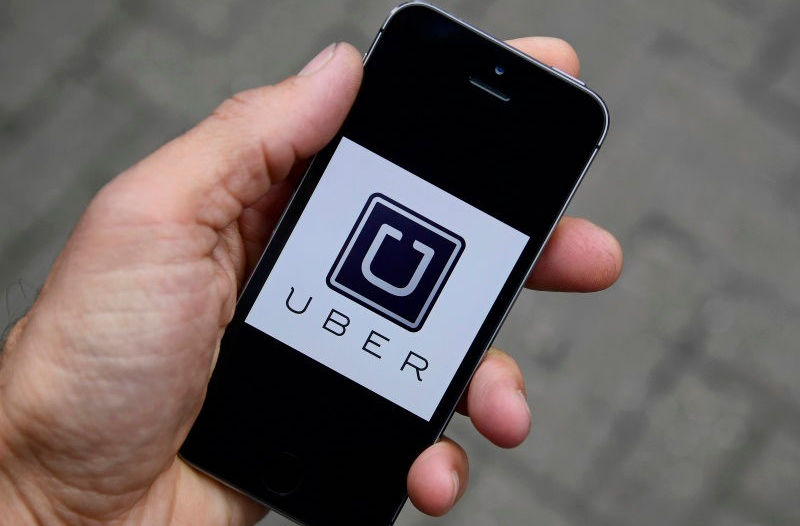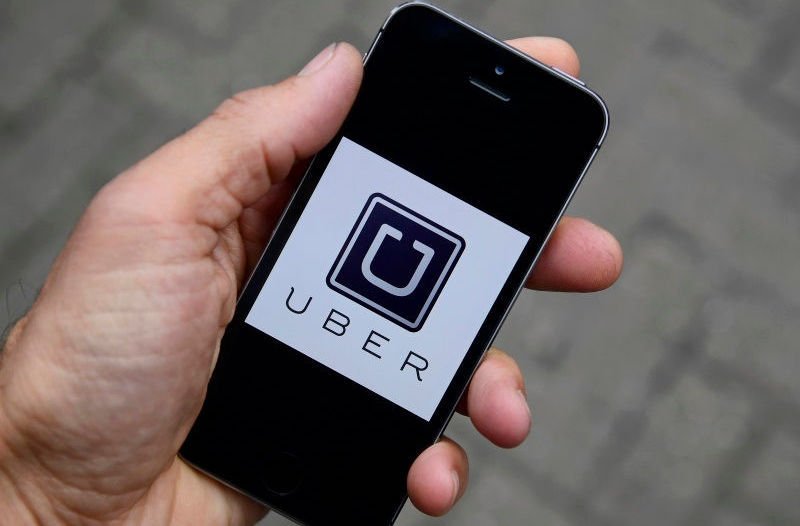
A US judge on Thursday rejected Uber’s bid to send its high-profile trade secret dispute with Alphabet’s self-driving Waymo unit to a private legal forum, a setback for the ride services company.
US District Judge William Alsup in San Francisco also partially granted Waymo’s bid for an injunction against Uber over its self-driving car program. However, Alsup filed his injunction opinion temporarily under seal, meaning its scope and details could not immediately be learned.
The acrimonious trade secrets battle between Silicon Valley’s two tech rivals has serious strategic and financial consequences in the nascent field of autonomous technology. The outcome could determine the future of Uber’s self-driving car program and the strength of Waymo’s toehold in the sector.
Representatives for Uber and Waymo did not have immediate comment.
The case hinges on over 14,000 confidential files that Waymo, formerly Google’s self-driving car program, alleges were stolen by former Waymo employee Anthony Levandowski before he left the company. Levandowski subsequently co-founded self-driving truck start-up Otto that was acquired months later by Uber.
Alsup also issued an additional order on Thursday referring the case to the US Department of Justice for investigation of possible trade secret theft. Alsup said he took “no position” on whether a criminal prosecution was warranted.
Waymo claimed that information from its files made its way into Uber’s Lidar system, a key sensortechnology that uses light pulses to “see” the environment. Waymo alleged the documents allowed Uber to fast-track its own technology and avoid years of costly research.
It asked Alsup to issue an injunction preventing Uber from using Waymo’s trade secrets, and Levandowski from working on Lidar.
Uber has not denied that Levandowski took Waymo’s documents, but says they never made their way to Uber, nor into its own designs.
Complicating Uber’s task is the fact that Levandowski, who is not a defendant in the case, has invoked his constitutional right against self-incrimination and has refused to testify.
Uber had already announced that Levandowski would step aside from working on Lidar while the case was being litigated, and said the company would agree to a court injunction that formalizes that arrangement.
However, Waymo sought a broader injunction that would prevent Uber from using a series of its trade secrets.
Uber had argued that an arbitrator, not a jury, should decide the merits of Waymo’s February lawsuit alleging that a key engineer had stolen trade secrets from Waymo and brought them to Uber. Unlike court proceedings, which are largely conducted in public, arbitrations take place behind closed doors.
[“source-ndtv”]










